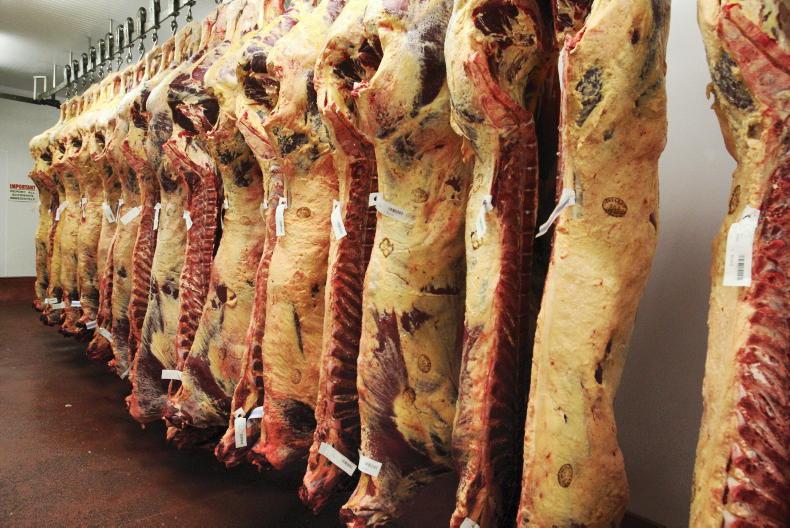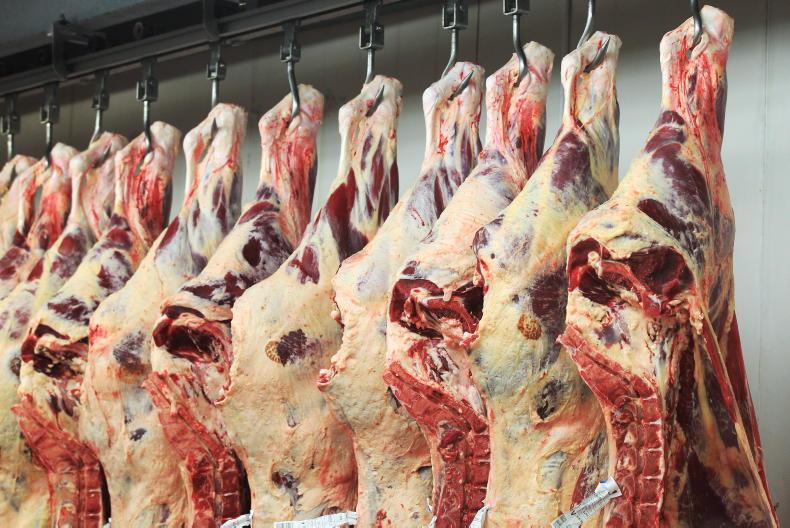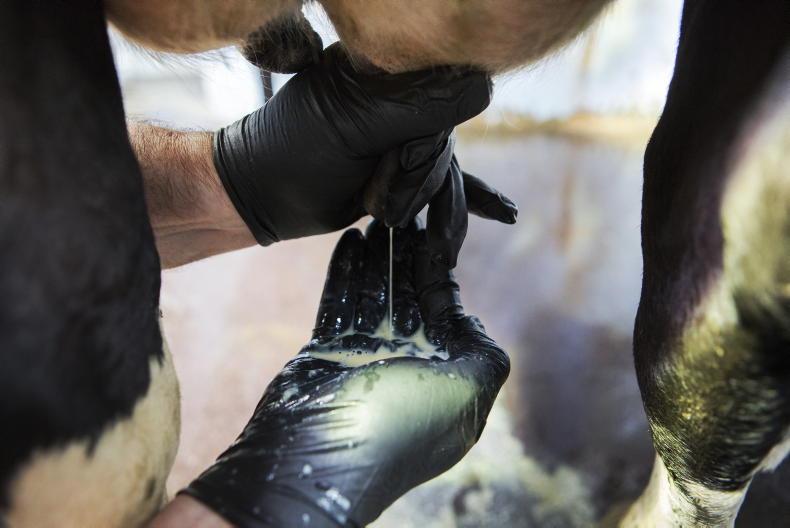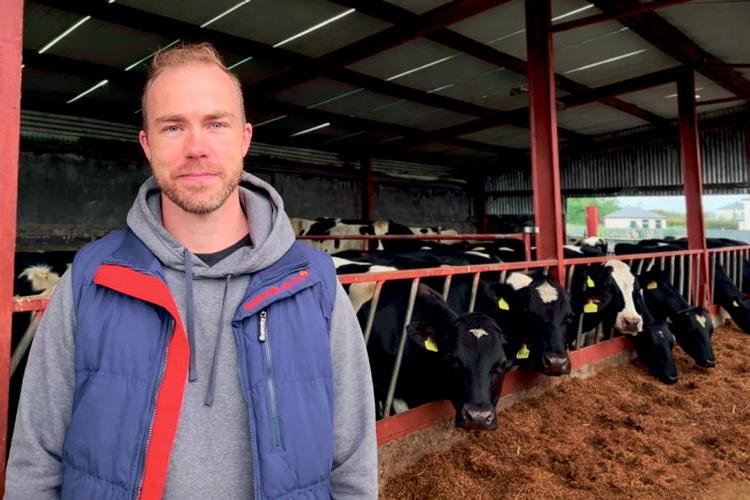As Irish dairy herds get bigger and more intensive, the type of mastitis found in dairy cows is changing.
New data from the Department of Agriculture’s regional veterinary laboratories (RVLs) showed that there is more mastitis caused by Streptococcus uberis compared with Staphylococcus aureus this year.
Streptococcus uberis has become the leading cause of clinical and subclinical mastitis in New Zealand dairy herds over the last 20 years, where it is associated with higher stocking rates.
In 479 milk samples submitted for examination by the regional veterinary labs in the first quarter of 2017, Streptococcus uberis was the top mastitis-causing pathogen isolated.
Staphylococcus aureus was the second most common pathogen found to cause mastitis in the 479 samples, according to the latest DAFM Laboratories Quarterly Surveillance Report for January to March 2017.
The Department of Agriculture noted: “While these results represent only three months of data, it is notable that increasing frequency of detection of this environmental pathogen in other countries among clinical cases has been associated with higher stocking rates and widespread use of calving and feed pads; higher yielding cows and those fed concentrate-based transition diets are also believed to be at increased risk.
“It is possible that this finding is reflective of some of the current changes in the Irish dairy sector.”
Better biestings use
Meanwhile, the report also outlined an improvement in how farmers manage colostrum feeding to their calves.
Regional laboratories found an “encouraging trend” of improved colostrum management on Irish farms.
Some 62% of dead calves submitted to the RVLs in January-March were found to have an adequate colostral transfer of maternal immunity, meaning they got adequate colostrum before they died.
This was an increase of 7% on the figure recorded in 2016, which was 55%.
“As poor colostrum management has been frequently identified as a contributor to neonatal disease and mortality, this evidence of improved management is to be welcomed,” the report’s authors concluded.
Summer mastitis: symptoms, treatment and prevention
Beef management: summer mastitis
Irish co-op boards – who’s on them and what’s their role?
As Irish dairy herds get bigger and more intensive, the type of mastitis found in dairy cows is changing.
New data from the Department of Agriculture’s regional veterinary laboratories (RVLs) showed that there is more mastitis caused by Streptococcus uberis compared with Staphylococcus aureus this year.
Streptococcus uberis has become the leading cause of clinical and subclinical mastitis in New Zealand dairy herds over the last 20 years, where it is associated with higher stocking rates.
In 479 milk samples submitted for examination by the regional veterinary labs in the first quarter of 2017, Streptococcus uberis was the top mastitis-causing pathogen isolated.
Staphylococcus aureus was the second most common pathogen found to cause mastitis in the 479 samples, according to the latest DAFM Laboratories Quarterly Surveillance Report for January to March 2017.
The Department of Agriculture noted: “While these results represent only three months of data, it is notable that increasing frequency of detection of this environmental pathogen in other countries among clinical cases has been associated with higher stocking rates and widespread use of calving and feed pads; higher yielding cows and those fed concentrate-based transition diets are also believed to be at increased risk.
“It is possible that this finding is reflective of some of the current changes in the Irish dairy sector.”
Better biestings use
Meanwhile, the report also outlined an improvement in how farmers manage colostrum feeding to their calves.
Regional laboratories found an “encouraging trend” of improved colostrum management on Irish farms.
Some 62% of dead calves submitted to the RVLs in January-March were found to have an adequate colostral transfer of maternal immunity, meaning they got adequate colostrum before they died.
This was an increase of 7% on the figure recorded in 2016, which was 55%.
“As poor colostrum management has been frequently identified as a contributor to neonatal disease and mortality, this evidence of improved management is to be welcomed,” the report’s authors concluded.
Summer mastitis: symptoms, treatment and prevention
Beef management: summer mastitis
Irish co-op boards – who’s on them and what’s their role?








SHARING OPTIONS